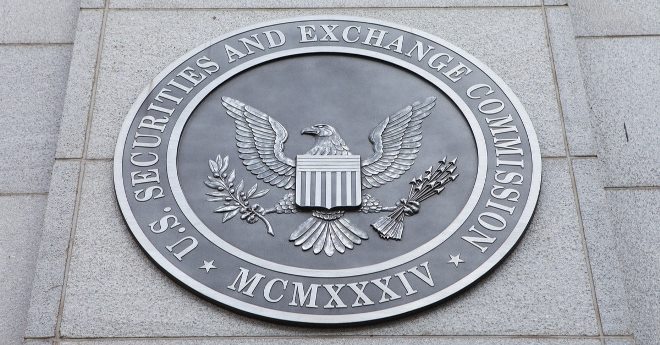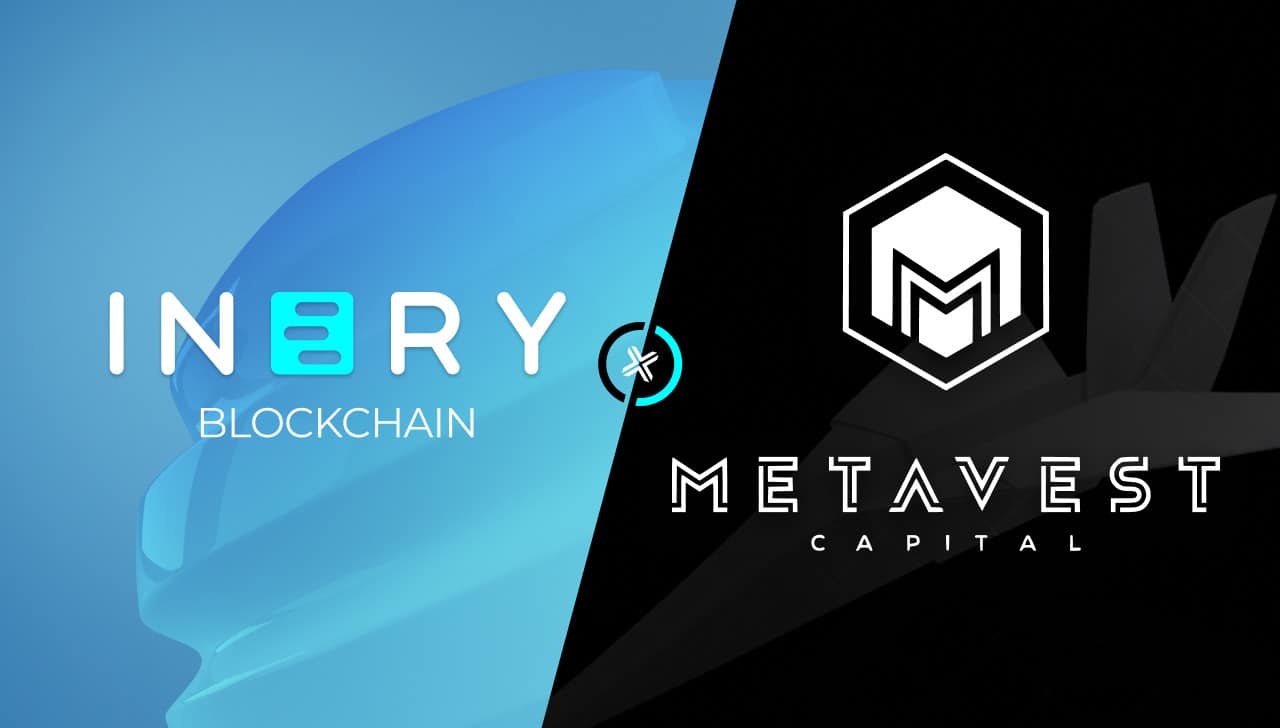Stable? Trump’s Ex-Federal Reserve Nominee To Launch A New Stablecoin
Stephen Moore, an economic commentator, and a former member of The Wall Street Journal editorial board will launch a stablecoin dubbed Flax. The coin is supposed to be pegged to the U.S. dollar, providing more stability but it differentiates from other stablecoins as it will rely on a fractional reserve. Moore is also President Trump’s former nominee to join the Federal Reserve.
A New Stablecoin On Its Way
Stephen Moore has been vocal about his beliefs against the current Federal Reserve’s plans and interest rates raises. He’s a long-time television commentator on economic issues and a writer for several economic media outlets. Most recently, he has been commenting on the government monopoly on the U.S. dollar and launching a cryptocurrency stablecoin appears to be a logical step.
Interestingly enough, Stephan Moore was picked by President Donald Trump to join the Federal Reserve and help manage the U.S. dollar earlier this year but he didn’t win. He was also Trump’s advisor for his 2016 presidential campaign.
Moore believes that a private competitor challenging central banks is generally a good idea:
“I’ve followed the monetary policy for 30 years and always been troubled by the government monopoly on currency, which is unhealthy for markets. It’s very healthy for private competitors to challenge central banks over the money supply.”
More information and the official announcement of Frax will be this Thursday. As of now, it’s known that besides Moore, the other co-founder is Sam Kazemian, who has already launched a blockchain-based product.
Is It Really a Stablecoin?
By definition, a stablecoin is when a certain cryptocurrency is pegged to a relatively stable asset, mostly fiat currencies or gold. This might be where the upcoming project Frax may raise a concern as Frax will have only fractional backing.
It will reportedly be relying on algorithms to loan out its reserves and later collect interest recorded on a blockchain. The interest would also ensure that the value of the stablecoin is pegged to the dollar. However, this means that Frax will not have one-to-one pool backing of reserve dollars.
Earlier this year, Tether, the most used stablecoin, made a change in this nature in its logs. The company silently included information stating that “…from time to time, [backing] may include other assets and receivables from loans made by Tether to third parties…” Needless to say, the crypto community lashed out against it as Tether didn’t appear to be fully backed by traditional currency and cash.
The question remains whether or not a new similar stablecoin, which is not fully backed by traditional currencies, is what the market needs now.
Featured image courtesy of Flickr
The post Stable? Trump’s Ex-Federal Reserve Nominee To Launch A New Stablecoin appeared first on CryptoPotato.









